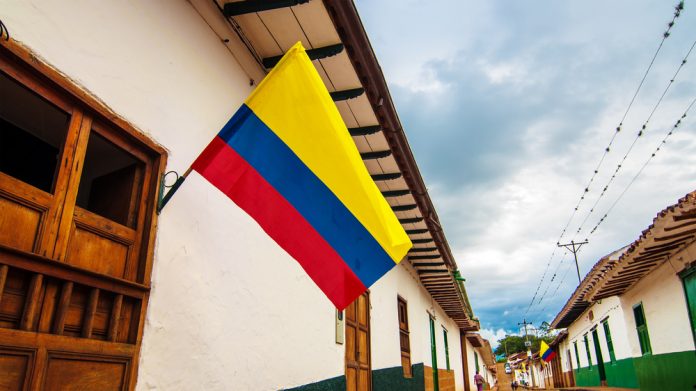Colombia’s Federal Gambling Authority, Coljuegos, has revealed plans to overhaul the rules on owning and operating electronic slot machines in the nation.
Via the ‘regulatory project’, Coljuegos plans to initiate the changes in 2024 in a move deemed critical as the regulator aims to reduce illicit activity in the form of unauthorised ESMs across the country’s 32 federal territories.
Colombia’s regulatory overhaul for slot machines is accompanied by a ‘public comment period’, which will run until December 14 to allow industry stakeholders and interested parties to submit feedback on initial proposals.
According to the authority, the project will promote “territorial development with the replacement of illegal economies with legal ones, considering the productive capacities of intervened areas.”
Illegal ESMs are suggested to represent up to 34 per cent of the total ESM marketplace with 50,000 machines, and are estimated to be worth up to COP 945bn (€220m).
Due to the sheer number of illegal machines active in the nation, the illicit activity will be causing a significant loss of income to the state.
If permitted, the project will require all venues operating ESMs to certify their business status with Coljuegos. This requirement is essential as Coljuegos will implement new criteria for land-based venues to operate ESMs based on legality, the principle of opportunity, and the promotion of peace.
“It is imperative that companies wishing to collaborate with Coljuegos comply with this condition to guarantee equity and trust in the selection procedures,” the authority stated.
Coljuegos will publish the schedule, procedures, and other financial requirements for those businesses wishing to operate licensed ESMs once the project has advanced.
The regulator has initially proposed to limit the number of machines to 80 per operator, with the exact number dependent on the size of the venue and the population of the local area.
The project also outlines the tender’s duration, certification for gaming machines, prize limits, and the identification of technology suppliers.












